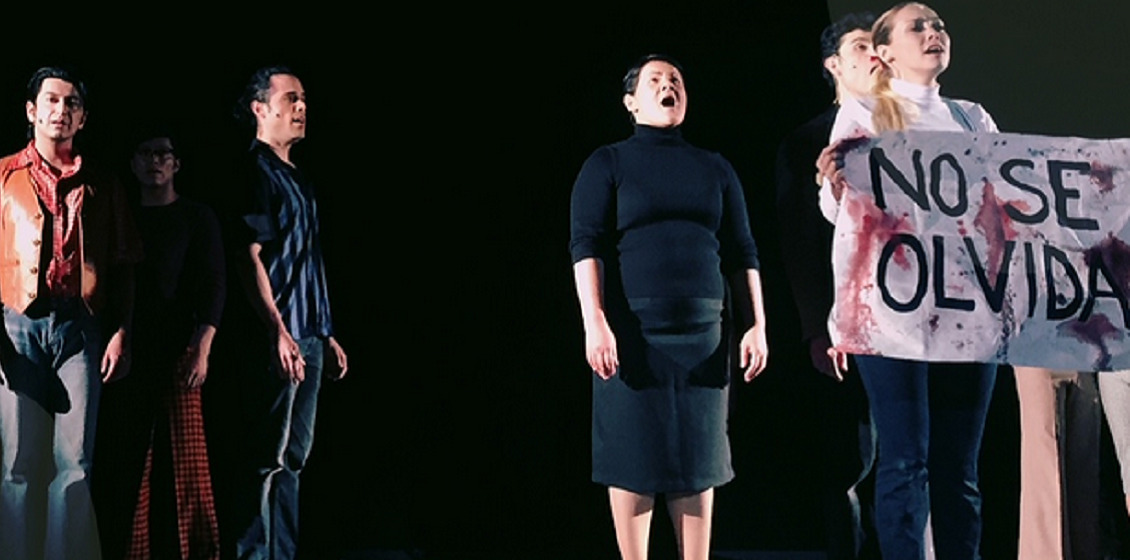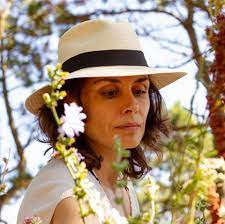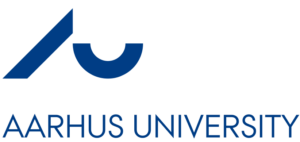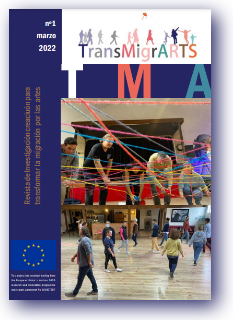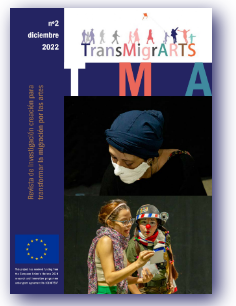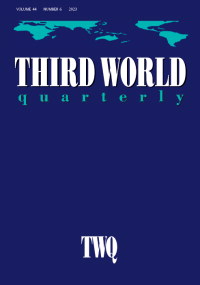Artists are conducting art workshops with migrants in order to increase their self-esteem and well-being, but the whole event is basically research fieldwork. The workshops are observed and described by researchers, and the artists themselves are another kind of researchers.
Artists are organizing workshops in which participants are creating installations, performances, and other pieces of art. All the participants are recent migrants who have volunteered for the project. “But this is research, and the artists are researchers as well”, explains Spanish-born Diana González Martin from Aarhus University. She is an Associate Professor and deeply involved as a group leader in an ambitious EU-funded research project under the headline ‘Transforming Migration through the Arts’.
“The researchers are observing the workshops, but the artists are also researchers because in this project we try to understand art as a process. We do research through art, and art is implemented through research. It’s two sides of the same process. It’s a very challenging process for us, but that is the methodology of research creation”.
Diana is teaching Spanish language and Latin American media, culture, and societies in Aarhus. As the red thread of her research projects, she has put focus on performing arts and literature in order to see how these art forms can possibly “help to transform social realities and how it gives people a new capacity to become more empathic, to become more resilient”.
“From Latin American thinkers and social movements’ spokespersons, I have learned the importance of rethinking history and modernity through the critical and creative eyes of decolonial thinking. This has changed my mind radically and forever”. “A repeating theme in my research has been how to transform society with the arts. The focus has been moving from a more aesthetic perspective, analyzing the work of art per se, to an interest in how the processes involved in art do impact on people”.
“Our tool is organizing artistic workshops. I am a migrant myself and, in the current project, we are working with migrant communities in Denmark, France, Spain, and Colombia. We invite migrants in these four countries to volunteer for the workshops, in which they produce works of art through congregation and collaborative work. The most important thing is the process that we observe as researchers. We expect the participants in the artistic activities, all in a vulnerable situation, to improve their self-esteem and well-being in the course of the process”.
No less than 130 researchers from the four countries are involved in the EU project. Diana González Martin has organized a few of the workshops as part of her fieldwork. This summer, she will stay in Medellin in Colombia, observing and describing the last part of a major workshop going on there. “I have a large network, and it’s now becoming even larger. Most of it is located in Spanish-speaking countries, and I prefer it that way. It’s a way we can develop and make sense of terms like decolonization in Latin America and also in Europe. In the current international research community, dominated by Anglo-Saxons, I also consider colleagues from Spain as coming from the Global South. We, people who were born in the North, also have to make an effort to decolonize”.
Diana González Martin is among the initiators, but the main organizer of the large EU project is a professor based in Toulouse, France. Most of the researchers who are involved did not know each other before the project. However, most of them participated in online workshops that led to writing the application for funding from the Horizon program, which is itself funded by the European Commission.
In the end, the project received 2.100.000 euros for four years. The money will be entirely spent on traveling to the workshops and other research stays that enable people to work together. The whole project was delayed by one year due to restrictions during the COVID-19 pandemic.
Spain is in the South
“There are challenges in working together with Colombian partners. Their working culture is very different, and the seven-hour time difference sometimes makes collaboration very difficult. You never know when they will be at work – and neither in Spain. In Denmark, you know in advance when meetings start and finish. In Spain – and even more in Colombia – you leave the meetings only when you are done. It can take several hours. You never know when your workday ends. Time is incredibly flexible in comparison to Danish working culture. It is challenging – and time-consuming”.
“But at the same time, I am experiencing methodologies that I have never experienced before. It’s also very challenging but it’s really one of the best things I have ever tried. And this challenge is not a South-North thing”, she underlines. “I know the definition of the Global South in economic terms. But to me, coming from Spain and working with decolonizing, Spain is in the South, we share colonial history, we share a language, and many, many things. I have much more to share with Colombia than I do with Danish culture for example”.
For projects within the EU’s Horizon program, reference to the United Nations’ Sustainable Development Goals (SDGs) is in reality ‘mandatory’, as Diana González Martin puts it. “The funding is, within some frames, defined by the Commission beforehand. They make the calls, and one call with reference to the SDGs could be a contribution to improved social cohesion in relation to the migrants. Social cohesion is an issue which the European Commission is giving high priority at the moment”.
Other SDGs that are in play include the goals related to reduced inequality and discrimination. “People have been forced to move for different reasons and they are susceptible to vulnerable situations, for example, to be discriminated against because of gender, ethnicity, age, and so on. We hope that our art project will be a way to overcome – or just think of tools that can mitigate – this discrimination among people”.
“Art cannot solve the whole problem, of course. But only in a team that is truly transdisciplinary, can we explore some kind of way to improve or mitigate the situations. Art is working with empathy, alternatives, and creativity in a way that other fields are not”.
“In Colombia, we are working mainly with migrants who have been internally displaced due to the recent civil war. We work with a concept, situated knowledge, in order to know who these people are, from which part of Colombia they come, what they have experienced, what is their emotional state? In this effort, we work with psychologists, doctors, and even engineers. It’s a very transdisciplinary project. Transdisciplinarity is a challenge, but it’s the only way to work with this, because some of the migrants might have experienced things that make them react in a way that I am not able to handle. As a researcher, I have another role in the project than assisting people in need”.
Diana González Martin uses the observations and experiences from the EU project, and all other projects, in her teaching at Aarhus University. “For me, teaching is the main way, the most important way, to disseminate the research. I use what I learn during the projects and I use the contacts I make during the projects in my teaching. Before the COVID-19 pandemic, my students have been engaged in workshops with two Colombian artists I invited to Aarhus. We are working on an exchange agreement with a Colombian university so that our students can go there and work with them in the future”.
Speaking and writing in Spanish
“One thing is very important for me to reiterate”, Diana González Martin says towards the end of the interview. “In the Spanish-speaking world, the border between North and South is not the same border as in the Anglo-Saxon world”.
“In this project the lingua franca is Spanish. I have never worked before on an international research project in which the language was not English. It’s potential discrimination because of course I express myself much better in my mother tongue. The same with my colleagues in Colombia who have difficulties with English”.
“When we publish our results in academic articles, it has to be in English, and for our Colombian partners this is very challenging”. “Thinking about the structures and the hierarchy in the academic world, everything is still very colonial in a way. Projects are always led by Anglo-Saxon universities in Europe, receiving funds from Europe, and led in an Anglo-Saxon way. We have to learn from the people in the former colonies, they are the only ones who have the experience of living in these communities. Therefore, it’s important to mitigate discrimination within the project, but it is very difficult to do that without creating new instances of discrimination”.
Still, the main way to distribute the results of the project is – apart from teaching – research articles, and no matter which language has been spoken during the workshops, it is much more prestigious to write these academic articles in English. “It’s a matter of power”, Diana González Martin explains. “The journals with the best ranking have their headquarters in London or the USA. They only accept articles in English. If you don’t publish in these journals, you will have less academic points when you apply for funding for new projects. Most of our research projects are funded by external funding. If I want to travel and do fieldwork in the future, I cannot work only with Latin American forums. In that sense, the points I get are very important”.
All the same, within the project itself, the participating researchers have made an online Spanish-language journal that is not at all indexed, not at all with points. “This is our compromise”, Diana González Martin says. “We know that the readers we are aiming at are going to read this journal. But at the same time, we also have to publish in academic journals, so we have to do the same work twice in order not to subject ourselves to this ingrained unevenness in the academic world”.


